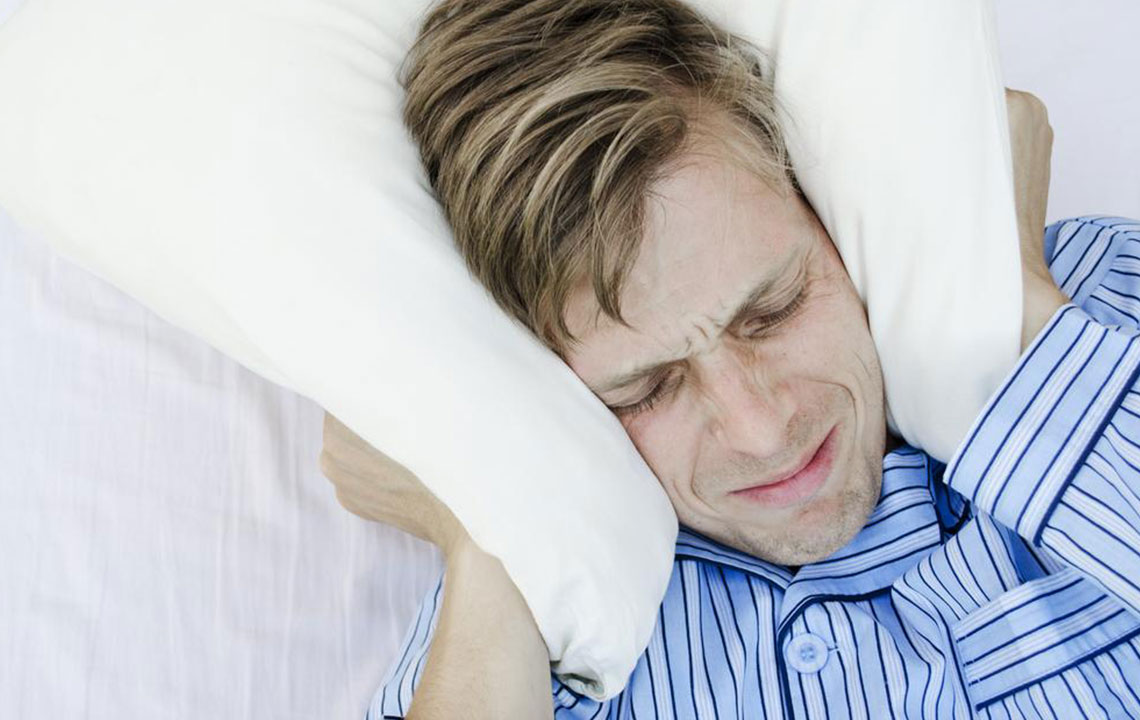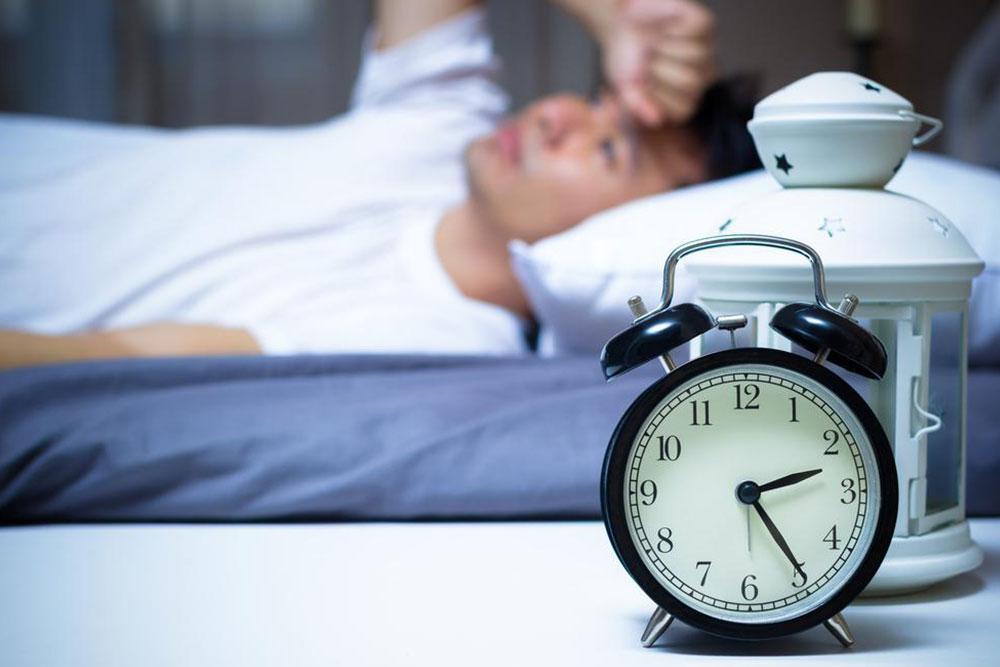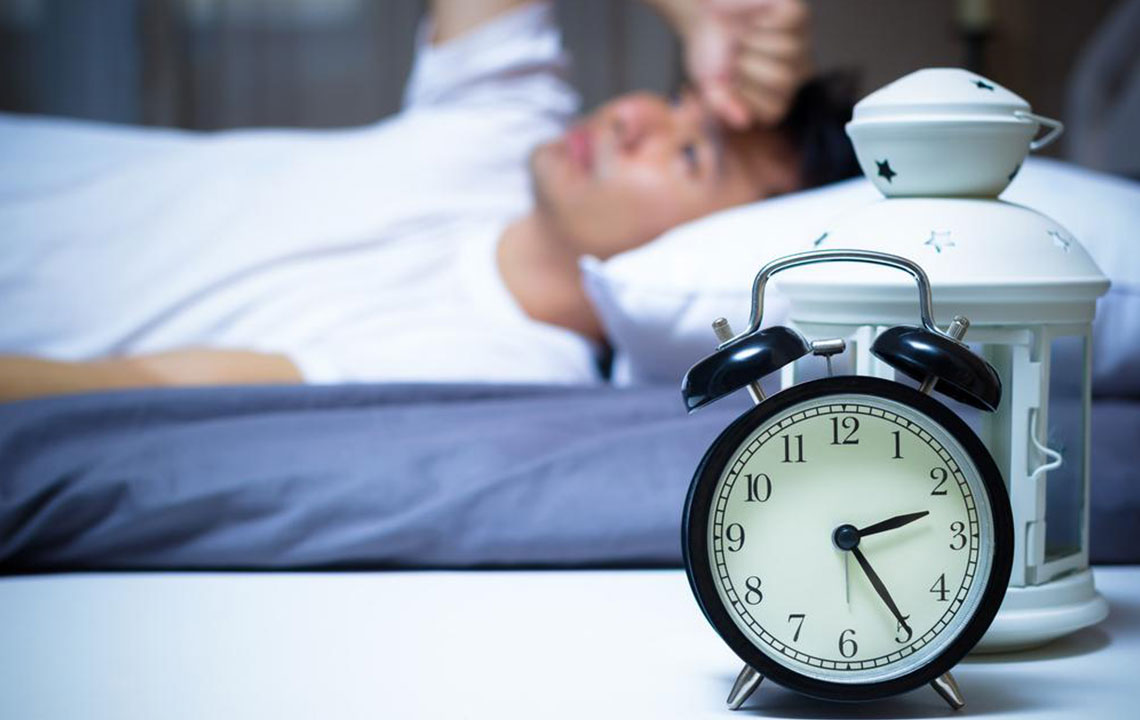Understanding the Impact and Scope of Sleep Disorders in the United States
This article explores the scope and effects of sleep disorders in the US, highlighting the prevalence among millions, especially veterans with PTSD. It emphasizes the importance of awareness, proper diagnosis, and adequate sleep for maintaining overall health. With increasing research and education efforts, better management and prevention strategies can improve quality of life across the population.

Understanding the Impact and Scope of Sleep Disorders in the United States
Sleep disorders disrupt normal sleep patterns and can stem from various causes, including parasomnia, sleepwalking, sleep apnea, delayed sleep phase syndrome, narcolepsy, insomnia, excessive morning sleepiness, shifts in sleep cycles, bipolar disorder, snoring, and sleep paralysis. In the US, approximately 50 to 70 million individuals are affected, impacting their health, daily functioning, and lifespan. Alarmingly, about 1 in 50 Americans die due to complications linked to poor sleep, such as hypertension, diabetes, obesity, depression, heart issues, and strokes.
Despite advances in medical science, many Americans remain unaware of available sleep treatments. Leading health organizations, including the NIH, are working to improve awareness and education about sleep health. Research highlights a sixfold increase in sleep issues among US veterans, especially linked to PTSD, doubling by 2016. Many are prescribed sleep aids, primarily middle-aged white women. Understanding and prioritizing 7-9 hours of restful sleep is crucial for overall well-being.
Sleep health awareness remains limited among the public, despite medical advances. Education campaigns by health institutions aim to inform about sleep disorders and improve diagnosis and treatment options. Addressing sleep issues early can help prevent serious health complications related to poor sleep quality.
Veterans and individuals with PTSD experience significantly higher rates of sleep disturbances, highlighting the importance of targeted interventions. Ensuring adequate sleep is essential for mental and physical health, and seeking professional help when needed is strongly advised.
Disclaimer: The information presented is for educational purposes only and should not replace professional medical advice. Always consult qualified healthcare providers for diagnosis and treatment of sleep disorders or health concerns.










